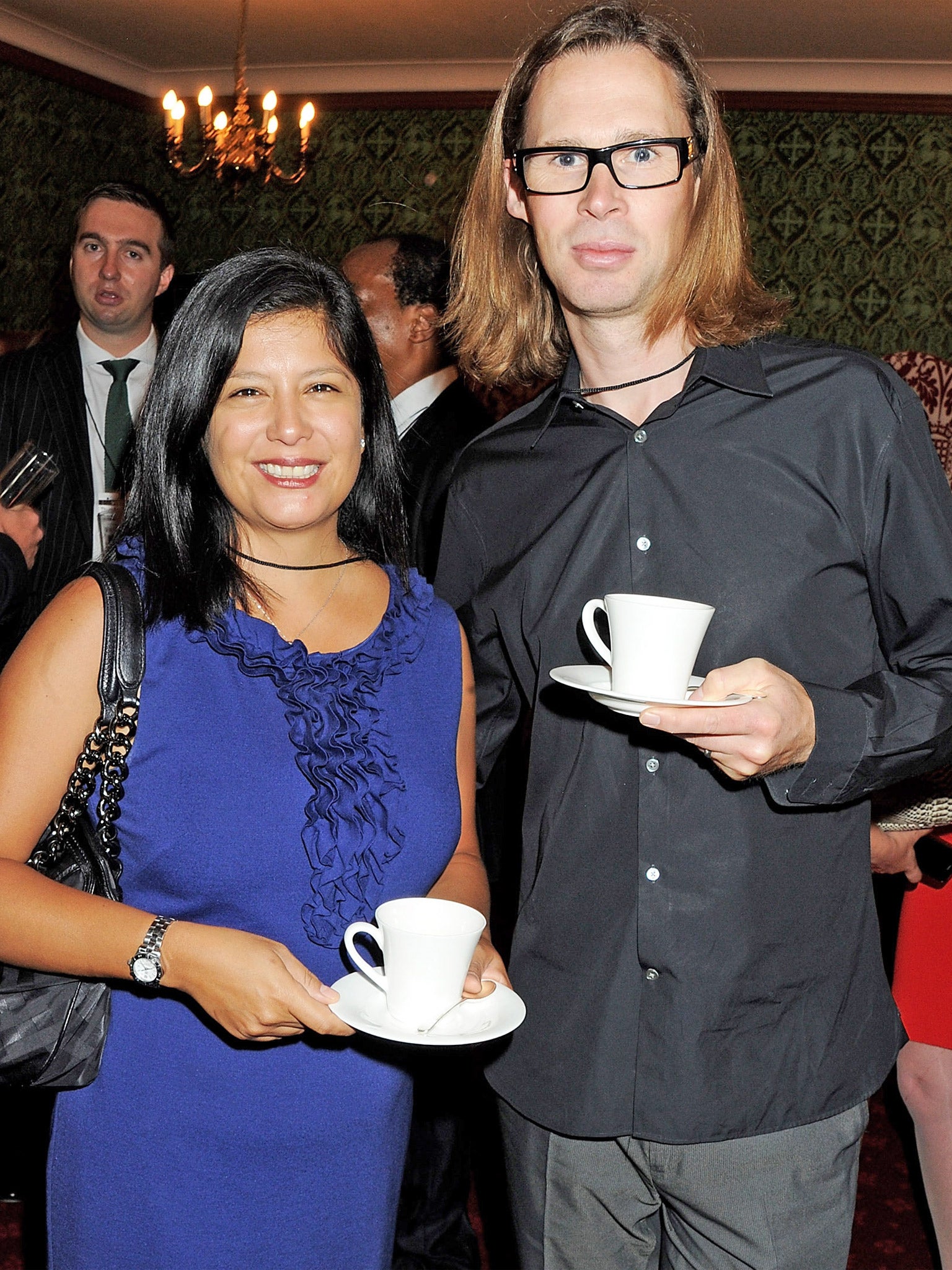Bebo founder Michael Birch buys back failing $850m social network for $1m

Your support helps us to tell the story
From reproductive rights to climate change to Big Tech, The Independent is on the ground when the story is developing. Whether it's investigating the financials of Elon Musk's pro-Trump PAC or producing our latest documentary, 'The A Word', which shines a light on the American women fighting for reproductive rights, we know how important it is to parse out the facts from the messaging.
At such a critical moment in US history, we need reporters on the ground. Your donation allows us to keep sending journalists to speak to both sides of the story.
The Independent is trusted by Americans across the entire political spectrum. And unlike many other quality news outlets, we choose not to lock Americans out of our reporting and analysis with paywalls. We believe quality journalism should be available to everyone, paid for by those who can afford it.
Your support makes all the difference.It could be the bargain of the century or a triumph of hope over experience. The British founder of Bebo, the social network which briefly soared in the noughties, has bought back the company he originally sold for $850 million for just $1 million.
Launched in 2005 by Michael Birch, with his wife Xochi, Bebo swiftly became the number one online hang-out for UK teenagers to chat and share pictures.
But the craze faded and by the time Birch sold Bebo to AOL in 2008, tech analysts warned that the $850 million price was far too steep for a second-tier social network, whose 40 million users began to dwindle as Facebook stole its thunder.
With Twitter, YouTube, Tumblr and Google+ on the rise, Bebo joined MySpace in the social networking “graveyard” of the seriously uncool.
AOL threatened to close the site in 2010 and eventually offloaded it to Criterion Capital Partners for $10 million. Wrangles with investors led Bebo to file for bankruptcy protection in May.
A fortnight after MySpace demonstrated signs of life, after being given a $20 million relaunch backed by Justin Timberlake, Birch, 43, believes his creation can be resurrected.
Yesterday he announced that Monkey Inferno, his San Francisco-based investment company has bought Bebo’s assets from the receivers for $1 million in an auction.
“Can we actually re-invent it? Who knows, but it will be fun trying,” tweeted the former computer programmer from Cheshunt, Hertfordshire.
Monkey Inferno, which has 21 employees, is advertising for new engineers and developers to help reinvent the platform. Optimists compared the Birch deal to Steve Jobs’s return to Apple in 1997, 12 years after resigning as chairman, which heralded a creative and commercial resurgence at the computer giant.
Birch has yet to lay out his vision but he has unfinished business, according to an associate. “He has wanted Bebo back for some time,” said the colleague. “Michael was a co-owner with the consortium who owned it after AOL but he questioned their competence.”
“It’s a good deal for $1 million,” the associate said. “Bebo has assets including a large email database. They will be looking to upgrade it for today’s world of video-enabled smartphones.”
Shaan Puri, CEO of Monkey Inferno, said: “Bebo has always been about connecting people and was fun. At its peak it had more on time site per user than Facebook. We want it to continue to be that: a place to help people to connect and that will be fun to use.”
Puri added: “We know the odds are stacked against us, but we love challenges and the Bebo users deserve better than what they have received the past few years.”
The Birchs, who met when they were students at Imperial College, London, initially set up Bebo - which stood for “Blog Early, Blog Often” - as an online address book.
Mr Birch admitted: “If it had been executed perfectly it could have taken on Facebook - but we were always in catch-up mode.” He sold Bebo at the “perfect time – it maximised the value.”
The couple are currently developing a private members club in San Francisco, where they now live with their three children.
Social network graveyards:
MySpace
Music-centred social network, launched in 2003, attracted 100 million users at its peak but was overtaken by Facebook in 2008, which appealed to older users. $580 million News Corp takeover went sour as MySpace “friends” fled. Relaunched this week, backed by Justin Timberlake
Faceparty
UK-based site inviting people to join “the biggest party on earth” became UK’s most visited page in 2006 and enjoyed 6 million members. Fell foul of child protection concerns and terminated accounts of users over age of 36 in attempt to keep its youthful cache.
Friendster
Californian site turned down $30m Google takeover and briefly became leading social network in 2004. By 2009 mocked by The Onion News Network as an archaeological relic, untouched since 2005. Relaunched as social gaming network in Malaysia in 2011 and claims 115 million users.
Friends Reunited
Created in 2000 by Steve and Julie Pankhurst of Barnet, Hertfordshire to help people reconnect with school and college friends, Friends Reunited became a phenomenon, signing up 15 million members. Bought by ITV for £120 million in 2005, visitor traffic dropped as site failed to innovate. Valued at £5.2 million by current owners DC Thomson.
Join our commenting forum
Join thought-provoking conversations, follow other Independent readers and see their replies
Comments